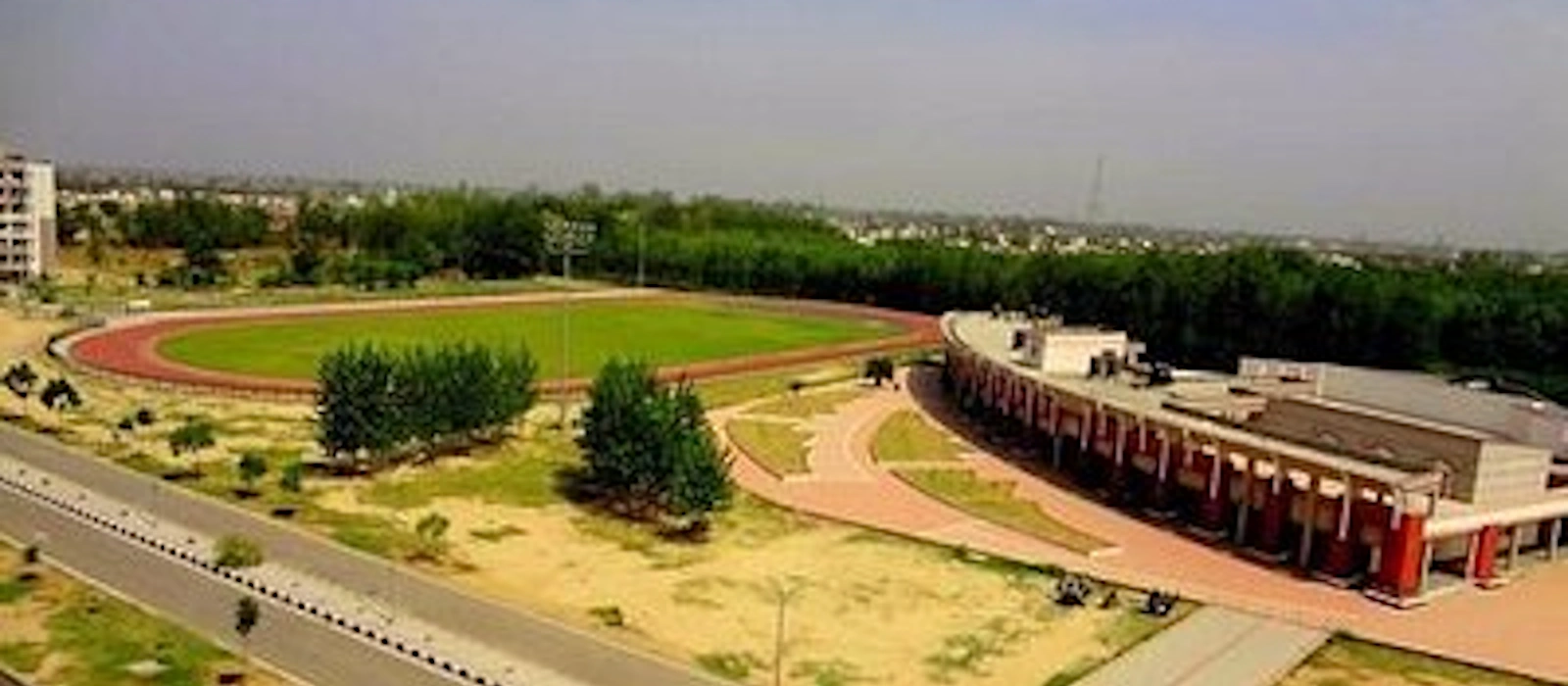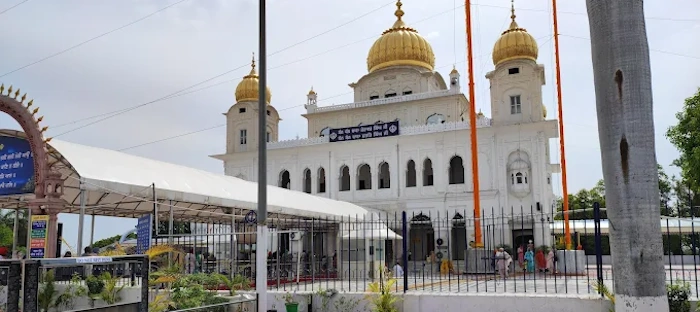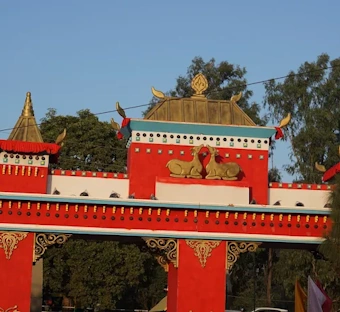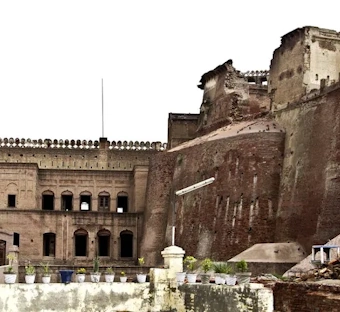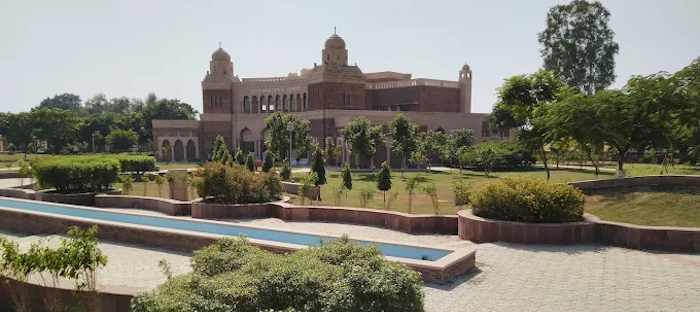Amloh is a town located in the Fatehgarh Sahib district of Punjab, India. Known for its rich history and cultural significance, Amloh has played an important role in the region, both historically and in the development of Punjab’s agricultural and religious landscape. The town is situated around 30 kilometers from Chandigarh, the state capital, making it easily accessible. The economy of Amloh is primarily agrarian, with agriculture playing a central role in the livelihoods of its residents. The surrounding fertile land supports the cultivation of a variety of crops, including wheat, rice, and sugarcane, making it a significant agricultural hub in the region.
Historically, Amloh holds a special place due to its association with Sikhism. The town is known to have been a prominent center during the time of the Sikh Empire under Maharaja Ranjit Singh. Amloh was a thriving town during the 19th century, and its historical significance is reflected in various buildings and monuments that have stood the test of time. It is also known for its association with the famous Sikh general, Sardar Hari Singh Nalwa, who was a key military leader under Maharaja Ranjit Singh and is often remembered for his contributions to the expansion and defense of the Sikh Empire.
A major religious and cultural landmark in Amloh is the Gurudwara Nanaksar, which is an important pilgrimage site for Sikhs. The Gurudwara is dedicated to Guru Nanak Dev Ji, the founder of Sikhism, and is a place where devotees gather to pray, attend religious services, and partake in the community meal (langar). The Gurudwara has become a significant symbol of peace and devotion, and many people visit it to reflect on Guru Nanak’s teachings of equality, service to humanity, and devotion to God.
Apart from its religious landmarks, Amloh is known for its traditional Punjabi culture, which is reflected in the lifestyle, customs, and festivals of the town. The people of Amloh celebrate major Punjabi festivals such as Baisakhi, Lohri, and Diwali with great enthusiasm, and these celebrations are often marked by vibrant cultural events, traditional music, and dance. Amloh’s local markets are also popular for their traditional Punjabi handicrafts, textiles, and agricultural produce, offering a glimpse into the region’s rich cultural heritage.
Amloh is also home to a number of educational institutions, which have contributed to the development of the town and surrounding areas. The presence of schools, colleges, and vocational training centers has helped improve the educational standards in the region, with many young people from Amloh going on to pursue higher education and careers in various fields.

